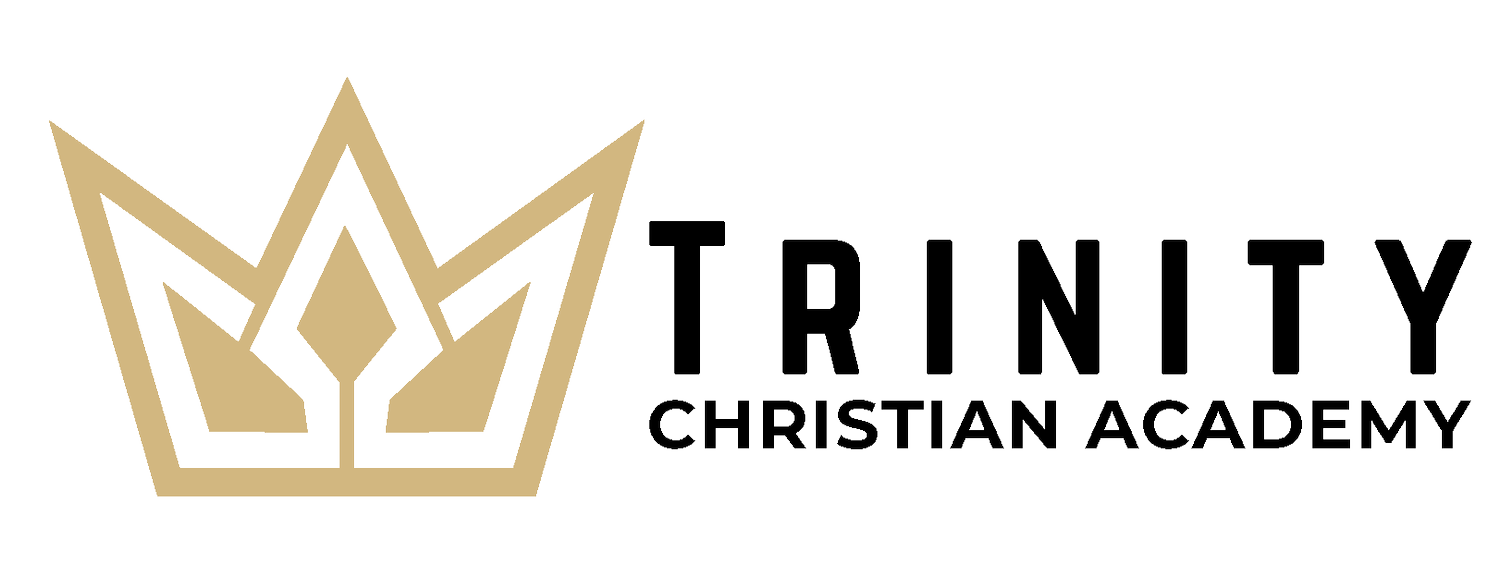
Early School
(Ages 0-5)
1. Overall Focus
Early School at TCA nurtures the hearts, minds, and bodies of our youngest students through loving care, play-based exploration, and intentional discipleship. From infancy through Pre-K, children are introduced to God’s love, truth, and presence in an environment designed to cultivate security, curiosity, and joy while laying essential foundations for lifelong learning and spiritual formation as royal sons and daughters of the King.
2. Program Structure
Infants & Toddlers (0–2.9 years)
Focus: Secure attachments, early communication, motor development, and exploration of God’s created world within a thoughtfully prepared sensory learning environment.
Key Experiences:
Individualized care rooted in love, trust, and respect for each child’s development
Early language exposure through rich conversation, songs, and stories
Practical life activities fostering independence: self-feeding, tidying, simple self-care
Sensory exploration with natural materials that stimulate curiosity and brain development
Gross motor activities for coordination, balance, and confidence
Rhythms of prayer, worship songs, and simple biblical truths reinforcing their identity as loved children of God
Thoughtfully prepared learning spaces that encourage independence, practical life skills, and sensory exploration.
Leadership Practice: Choosing songs during music time or helping distribute toys to peers
Preschool (3+ years)
Focus: Building social-emotional foundations, early academic awareness, and spiritual formation through intentional routines and playful exploration.
Key Experiences:
Developing empathy, kindness, and cooperation in group settings
Early literacy skills: listening comprehension, vocabulary growth, and phonemic awareness
Numeracy awareness: numbers, counting, patterns, and shapes
Introduction to learning centers and sensory stations for hands-on discovery across disciplines
Prayer, Bible stories, worship songs, and memory verses
Music & Movement, Art Exploration, and Outdoor Play nurturing creativity and wonder
Foundational Physical Education to build healthy movement habits, coordination, and body awareness
Early Spanish vocabulary introduced through songs and interactive activities
Practical Life Skills: Age-appropriate self-care, tidying, and simple food preparation
Leadership Practice: Opportunities to serve as line leader, prayer helper, or classroom helper for daily routines
Pre-K (4+ years)
Focus: Preparing students for Kindergarten through deepening academic foundations, spiritual growth, and practical skills with increasing independence.
Key Experiences:
Strengthening phonics, pre-reading, writing, and early math skills
Expanded use of sensory stations and learning centers for immersive, cross-curricular exploration
Continued character development: responsibility, leadership roles, serving classmates
Rhythms of prayer, Bible teaching, and spiritual formation practices
Music & Movement, Art Exploration, Outdoor Play, and Physical Education to support holistic development
Building confidence, curiosity, and joy in learning as they transition to Lower School
Practical Life Skills: Age-appropriate self-care, tidying, and simple food preparation
Leadership Practice: Serving as classroom job leader, assisting in morning meetings, and practicing servant leadership by helping peers complete tasks
3. Key Skills & Outcomes
Spiritual Formation: Know God’s love, see themselves as His royal sons and daughters, and learn foundational biblical truths
Social & Emotional Development: Build trust, empathy, confidence, and belonging
Cognitive & Academic Foundations: Early literacy and numeracy, critical thinking through sensory-rich experiential learning
Physical Development: Gross and fine motor skills, healthy movement habits through PE and outdoor exploration
Character & Habits: Listening, following directions, beginning responsibility, serving others
Practical Life Skills: Age-appropriate self-care, tidying, and simple food preparation
Leadership Skills: Practice age-appropriate leadership roles such as line leader, prayer helper, classroom job leader, and serving classmates—developing confidence, responsibility, and servant-hearted habits from the earliest years
4. Enrichment Programs
Chapel & Worship Time: Weekly age-appropriate worship, Bible stories, and prayer
Music & Movement: Rhythm, song, and movement integrated into learning
Art Exploration: Process-based, sensory-rich art fostering creativity and fine motor skills
Physical and Health Education (PE): Foundational motor development, movement games, joyful activity, and healthy habits
Learning Centers & Sensory Stations (3s and 4s): Rotational centers for experiential discovery and integrated learning
Outdoor Exploration & Nature Play: Outdoor time nurturing wonder, exploration, and physical development
Early Spanish Vocabulary (3s and 4s): Simple Spanish words and phrases introduced through songs and activities
Community Helper Visits: Firefighters, police officers, dentists, military personnel, and other local heroes visit the classroom to share their roles, with themed days exploring their contributions to the community. These visits build curiosity, respect, and real-world awareness from a young age.
5. Implementation of Key Distinctives
Christ-Centered: Teachers disciple through loving care, biblical truths, and Christlike modeling
Spiritual Formation: Prayer, worship, and biblical truths shape their understanding of God and self
Integrated Curricula: Faith, academics, and social-emotional growth woven seamlessly into routines and learning
Experiential Learning: Children engage through sensory exploration, learning centers, outdoor classrooms, and hands-on activities
Balanced Rigor with Rhythms of Rest: Early learning is joy-filled and developmentally rigorous, with natural rhythms of rest and play to promote flourishing
Innovative Programs & Enrichments: Learning experiences include Spanish exposure, sensory stations, PE, music, and art
Real-World Readiness: Early foundations in self-regulation, independence, and practical life prepare them for Lower School
Leadership Development: Children practice small responsibilities, helping roles, and peer-serving behaviors
Authentic Community: Classrooms are safe, loving environments where every child and family feels known and valued
